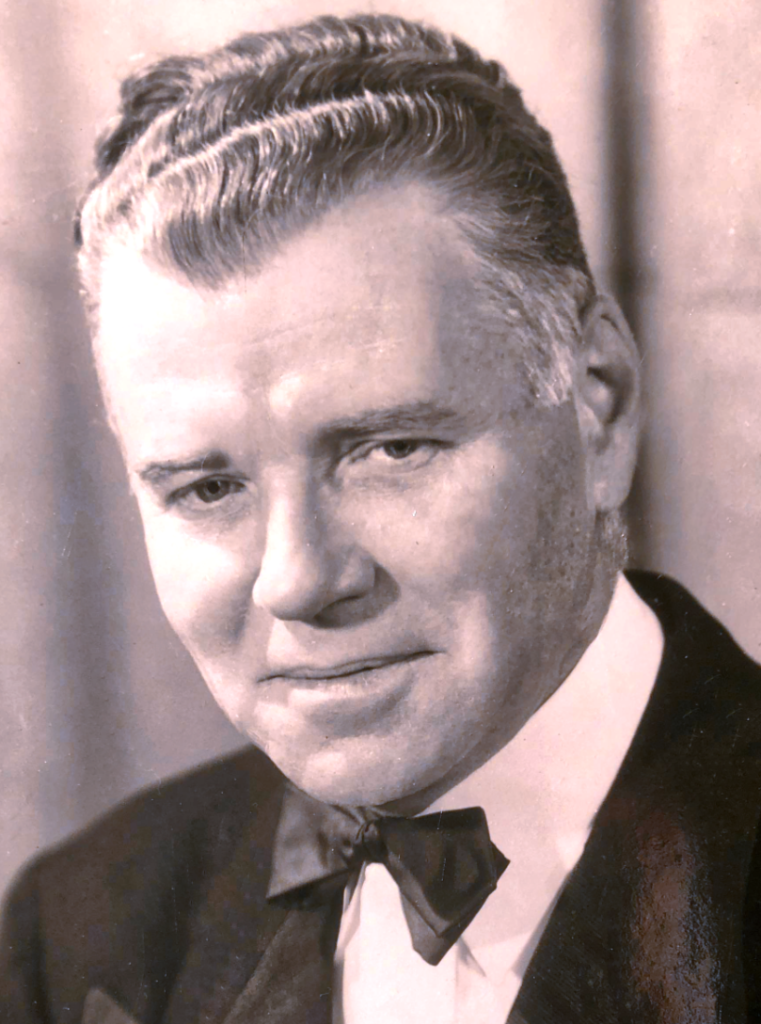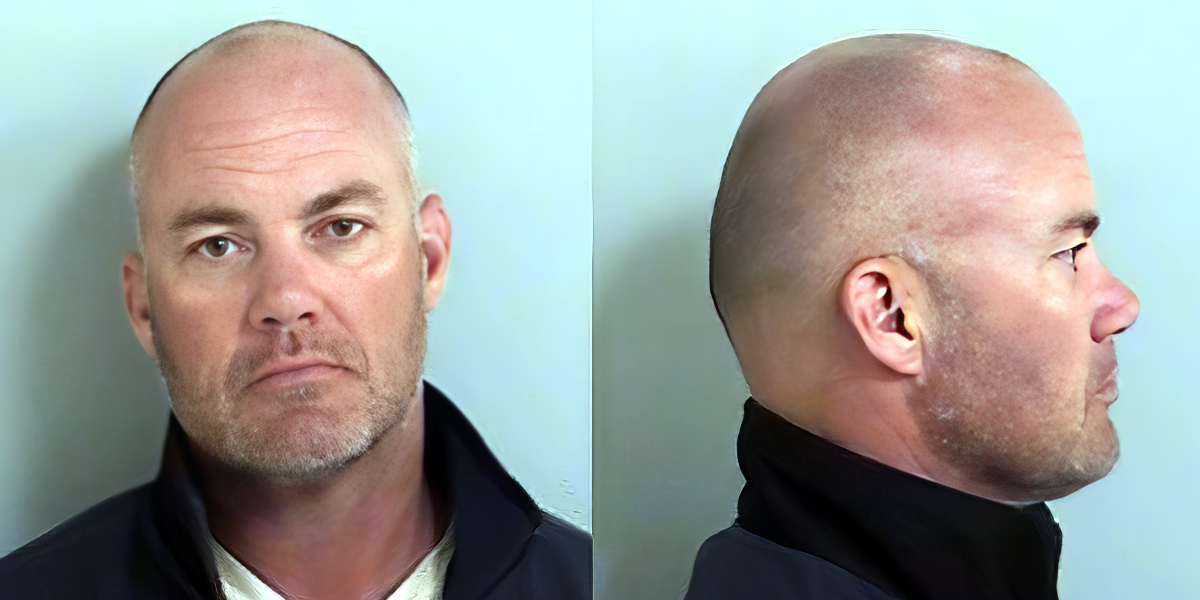FBI agent hired to expose corrupt cops
The New Orleans Police Department once hired a seasoned government agent to fight police corruption. The officer, having retired as Special Agent in Charge of the Federal Bureau of Investigation’s Chicago office, accepted and moved to New Orleans.
Actually, the mayor of Crescent City hired him after hearing the former FBI chief speak at an Illinois mayor’s conference. He told attendees that corrupt cops existed for one reason only and that the problem could be quickly resolved.
Perhaps, law enforcement agencies today need assistance from an agent like the top gun from Chicago.
Last week, a former Livingston Parish sheriff’s deputy accused of horrific sex crimes pleaded guilty, avoiding a trial requiring his young victims to testify. The 47-year-old’s resulting 100-year sentence will land him in a prison where fellow inmates do not immediately kill police officers, rapists, and pedophiles. Additionally, although the U.S. Supreme Court struck down capital punishment for rapists, Louisiana law still authorizes the death penalty for people convicted of rape of a child under the age of 13. Aggravated (First Degree) rape carries the penalty of life in prison without parole, essentially the same as a 100-year sentence.
In 2019, Louisiana State Police arrested Livingston Parish Sheriff’s Deputy Dennis Wallace Perkins of Denham Springs. The State Attorney General’s office charged him with producing pornography involving a juvenile over sixty times. In addition, they booked him with two counts of first-degree rape, three counts of possession of child pornography, two counts of video voyeurism, and two counts of obscenity. They also charged him with obstruction of justice after he threw his cell phone from a bridge into a river in North Louisiana.
Ultimately, Dennis Perkins and his wife, a former Livingston Parish schoolteacher, faced 150 felony charges. Cynthia Perkins pleaded guilty last year and got 41 years in prison after agreeing to testify against her ex-husband.
Another woman, Melanie Curtin, received a life sentence last year after a jury found her guilty of helping the ex-deputy rape and film an unconscious woman in 2014. Perkins’s trial would have been the latest in the sex crimes probe.
The investigation began with a tip from the National Center for Missing and Exploited Children, where a whistleblower reported seeing the couple’s videos on Porn Hub, a website claiming to have streamed 75 gigabytes of data per second last year to 87.8 billion viewers, more per month than Netflix, Amazon, and Twitter combined.
Contests on Porn-Hub offer sizeable sums of money to viewers who upload the most outrageous pornography videos.
Later, the court moved Perkins to a state prison amid rumors trustees had served him contaminated food. State investigators reported the fallen officer’s schoolteacher wife allegedly offered over 50 middle school students tiny square cupcakes, known asPetit fours, tainted with Perkins’ seminal fluid.
Unfortunately, Louisiana police officers are not alone in making money with this outrageous side hustle. Maryland State Police charged Officer Anthony Mileo of the Maryland National Capital Park Police Department with 17 counts of child pornography. In California, the Cypress Cove Police Department arrested one of its own for allegedly attempting to rape a woman in a bar while capturing the assault on video.
Likewise, pornography is not the only vice attracting law enforcement professionals. The week Dennis Perkins went to jail, according to the Escambia County Sheriff’s Office, Officer Michael Patrick Nealey of the Mannford Police Department in Oklahoma shot and killed his police chief at a Florida conference on law enforcement.
That same year, the interim chief of the Fort Worth Police Department apologized to the family of Atatiana Jefferson after a police officer shot and killed her in her own home. Aaron Dean, the officer who shot Atatiana, resigned from the department and served time for murder. However, interim Chief Ed Kraus asked the Fort Worth community not to allow the incident to reflect poorly on his department.
According to the McClatchy News Agency, a state investigation found over 80 law enforcement officers working in California in 2019 to be convicted criminals. Their rap sheets included everything from animal cruelty to manslaughter. The review found 630 officers convicted of crimes in the last decade, an average of more than one per week.
Law enforcement agencies continue to employ criminals because not enough people will pin on a badge and risk their lives for the small salaries afforded police officers.
Last year in Lake Charles, police officer Robert Hammac pleaded guilty to a charge stemming from a May 2017 incident of police brutality. In Chicago that same day, police arrested an officer who beat up a co-worker while dressed as a circus clown.
Readers recall Louisiana State Police arresting former St. Tammany Parish Sheriff Jack Strain on charges of aggravated rape, sexual battery, incest, and indecent behavior with a juvenile.
They also remember the FBI raiding the offices of the Tangipahoa Parish Sheriff Daniel Edwards and the Hammond Police Department. The Bureau arrested longtime DEA agent and former Tangipahoa Parish Sheriff’s deputy Chad Scott. He saw conviction on seven counts, including perjury, obstruction of justice, and falsifying government records.
With Scott, the FBI also arrested former Tangipahoa Parish Sheriff’s Office Deputy Karl Newman, who pleaded guilty to corruption charges in 2017. Newman was the second member of the task force arrested. Agents also charged former Tangipahoa Deputy Johnny Domingue and former City of Hammond police officer Rodney Gemar.
Chad Scott was far from the only DEA agent to go rogue. Investigators have busted many on the payroll of Mexican drug cartels. For example, in 2016, a Federal judge convicted agents Glen Glover of New Jersey and David Polos of New York for hiding a strip club they owned and operated on the clock.
In a feature article entitled “Good Cops Gone Bad,” Newsweek magazine reported that most law enforcement officers who break the law do so in exchange for drug money. Speaking under the guise of anonymity, police officers interviewed in New York, Brooklyn, Los Angeles, and New Orleans reported making four times their salaries, looking away at pertinent times.
That brings us back to that retired FBI chief who moved to New Orleans to cleanse the New Orleans Police Department of graft and corruption.
In that Chicago speech, he said, “There are factors that impair good law enforcement. They include inadequate salaries, lack of proper equipment, insufficient personnel, long hours, and poor training facilities.”
“These are obstacles to good law enforcement,” he said, “And when citizens tolerate such unhealthy conditions, they reap a tragic harvest.”
It is easy to imagine that he was referring to Dennis Perkins or Chad Scott, but this FBI agent gave his speech in 1954.
Today, his remarks loosely translate to, “You get what you pay for.”

If we want trained officers, we have to teach them. To keep skilled, efficient, and trustworthy officers, we must pay them their worth.
On average, law enforcement officers in the United States have lower salaries than our lawn care workers, and Louisiana employs some of the lowest-paid officers in the country.
Instead of funding building contractors, buying helicopters, and deploying fully loaded sports utility vehicles as patrol cars, our sheriff’s departments should invest in their police officers.
Unfortunately, though, that is not how things work in Louisiana.
After Mayor de Lesseps Morrison hired that FBI agent, the city ranked the officer in the number three position at the New Orleans Police Department. The television stations and newspapers cheered his work, calling him a hero, as did citizens writing letters to the editors at those publications.
However, his fellow police officers despised him and his work, calling him a spy for breaking their “code of silence” and crossing their “thin blue line.”
In 1955, the former FBI chief submitted evidence to a grand jury indicting 90 police officers for accepting weekly payoffs from mob-controlled gambling interests.
However, before those cases went before judges, a bartender at one of those mob-run gambling establishments filed charges against the former FBI leader. The kid claimed the officer came to the bar intoxicated and threatened to pistol-whip him.
The former G-Man resigned from NOPD and ran for the city council, denouncing the mayor and his cronies for pretending to address corruption in the police department. However, his candidacy failed when he refused to accept support from organized crime.
That FBI agent died in 1964, accused of everything from living drunk and disorderly to planning the assassination of John F. Kennedy.
That FBI agent’s name was Guy Banister.
Ed Asner portrayed him in the movie JFK.

